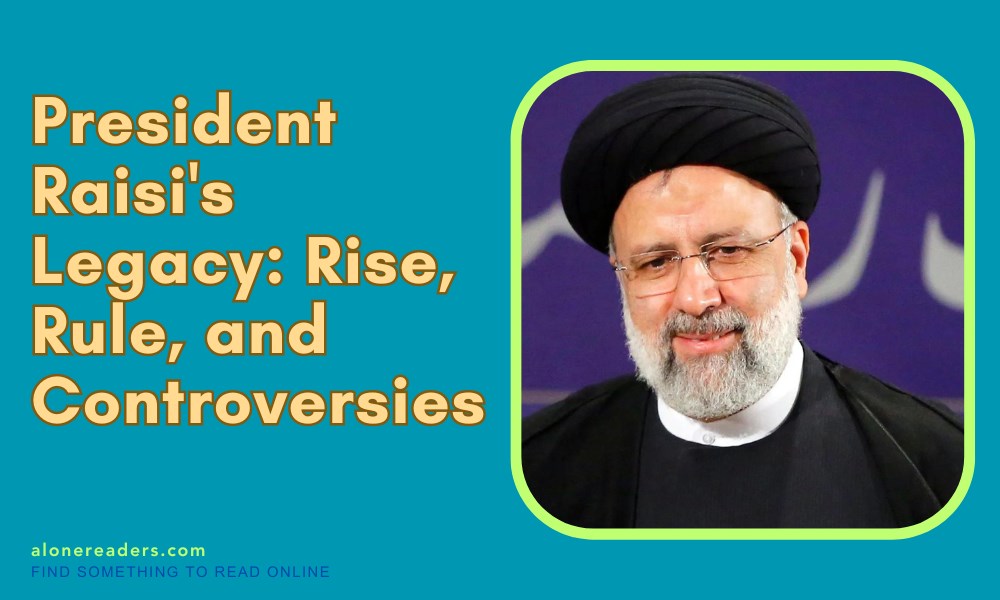
Ebrahim Raisi, Iran's eighth president, emerged as a significant figure in Iranian politics due to his staunch conservative views and alignment with the Supreme Leader, Ayatollah Ali Khamenei. His presidency was marked by a combination of strict domestic policies, controversial decisions, and a significant impact on Iran's international relations. This article delves into Raisi's rise to power, his rule, major decisions, and controversies, concluding with the circumstances surrounding his tragic death.
Ebrahim Raisi was born on December 14, 1960, in Mashhad, Iran. He began his clerical studies at a young age and rapidly ascended through the ranks of Iran's judicial system. Raisi served in various judicial capacities, including as Prosecutor General and Chief Justice, roles in which he garnered a reputation for his hardline stance on justice and law enforcement.
Raisi's political career saw him contest the presidential elections twice. After a failed attempt in 2017, he won the presidency in 2021 with 62.9% of the vote, amidst allegations of electoral rigging. His presidency began under a cloud of skepticism but solidified his position as a key conservative figure in Iran's political landscape.
Domestic Policies: Raisi's presidency was characterized by stringent domestic policies. He enforced stricter adherence to Islamic laws, including more rigorous implementation of the hijab mandate. His administration was known for its severe crackdown on dissent, particularly during the mass protests that erupted following the death of Mahsa Amini in police custody in 2022. The protests, which called for greater personal freedoms and women's rights, were met with brutal suppression, resulting in numerous deaths and arrests.
Judicial Reforms: Continuing his legacy from his judicial career, Raisi pushed for judicial reforms aimed at enhancing the efficiency of Iran's legal system. However, his reforms were often criticized for further entrenching conservative judicial practices and reducing judicial independence.
Economic Policies: Raisi inherited an economy in turmoil, exacerbated by U.S. sanctions and internal mismanagement. His economic policies focused on self-reliance and reducing dependency on Western economies. Despite efforts to stabilize the economy, inflation remained high, and economic hardships continued to plague the Iranian populace.
International Relations: Raisi's tenure saw a continuation of strained relations with the West, particularly the United States. His administration intensified uranium enrichment activities, hindering negotiations over the Joint Comprehensive Plan of Action (JCPOA). Conversely, Raisi sought to strengthen ties with neighboring countries and other non-Western allies, including Russia and China.
Human Rights Violations: Raisi's name is often associated with human rights abuses, particularly his role in the 1988 mass execution of political prisoners. This dark chapter continued to haunt his presidency, with numerous human rights organizations calling for accountability. His tenure as president did little to ameliorate these concerns, as his government continued to suppress political dissent and restrict freedoms.
Electoral Integrity: The 2021 presidential election, which brought Raisi to power, was marred by allegations of electoral fraud. Many believed the election was rigged in Raisi's favor, reflecting a broader distrust in the electoral process and highlighting the influence of the Supreme Leader in political affairs.
Economic Mismanagement: Despite Raisi's promises to improve Iran's economic situation, his tenure was marked by continued economic struggles. High unemployment rates, inflation, and a devalued currency persisted, leading to widespread discontent among the Iranian population. His economic policies were often criticized for failing to address the root causes of Iran's financial woes.
On May 19, 2024, Ebrahim Raisi died in a helicopter crash in Iran's East Azerbaijan Province. The helicopter, a US-made Bell-212, encountered severe fog and mechanical issues, leading to the tragic accident. Raisi's death, along with that of other high-ranking officials, plunged the nation into mourning and raised questions about the future direction of Iranian politics.
Conclusion
Ebrahim Raisi's presidency was a period marked by stringent policies, significant controversies, and a steadfast commitment to conservative values. His rule had profound implications for Iran's domestic and international landscape. While his death closed a significant chapter in Iranian politics, the legacy of his decisions and the controversies surrounding his rule continue to shape the nation's future.